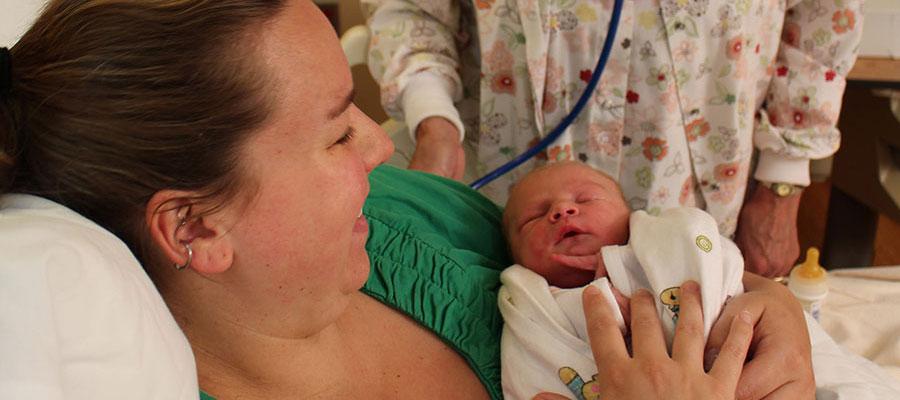HHS reports 57% decline in hospital maternal death rates since 2008

Delivery-related maternal mortality in U.S. hospitals decreased for all racial and ethnic groups, age groups and modes of delivery during 2008 to 2021, likely due to national strategies to improve delivery-related hospital care, the Department of Health and Human Services reported. Advanced maternal age, racial or ethnic minority group status, cesarean delivery and comorbidities were associated with higher odds of mortality and severe maternal morbidity, according to the HHS study, published in JAMA Network Open. Adm. Rachel L. Levine, M.D., HHS’ assistant secretary for health, said the results “underscore the need to better manage women’s health, including identifying the most significant risk factors and supporting access to improved care.”

